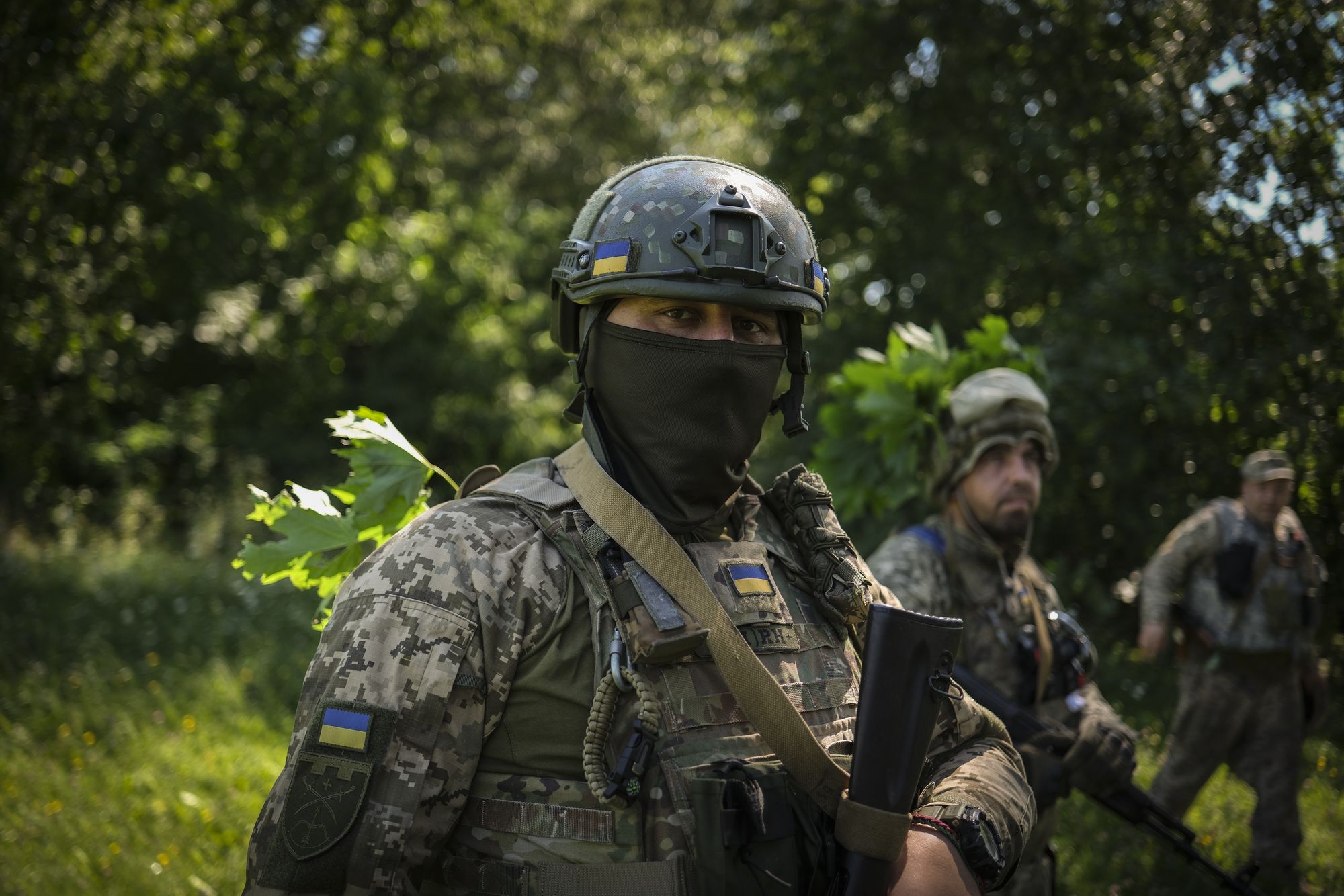CNN: 'Unrealistic' counteroffensive expectations create pressure on Ukraine to start peace talks

The initial "unrealistic" expectations by the West regarding Ukraine's counteroffensive now contribute to the growing pressure on Kyiv to start peace talks with Russia, even at the price of territorial concessions, CNN said on Aug. 8, citing U.S. and Western officials.
The Western leadership receives increasingly "sobering" assessments on Ukraine's capacity for a breakthrough that would change the balance of the conflict, recognizing the challenges that Ukrainian troops face, the officials briefed on the latest intelligence said.
Ukrainian forces made limited gains weeks into their counteroffensive. The advance is held up by heavy Russian defensive lines, including dense minefields, and regular Russian counterattacks.
According to CNN's sources, the Ukrainian military has not yet "really gone through the first line" of Russian defenses.
The coming fall and winter will present further obstacles to the offensive operations, creating only a limited window of opportunity that Ukraine can exploit.
"Even if they would keep on fighting for the next several weeks, if they haven't been able to make more breakthroughs throughout these last seven, eight weeks, what is the likelihood that they will suddenly, with more depleted forces, make them? Because the conditions are so hard," one of the officials said.
Some of the cited officials however noted that the coming weeks still present a possibility for further Ukrainian gains: "We all recognize this is going harder and slower than anyone would like – including the Ukrainians – but we still believe there's time and space for them to be able make progress."
CNN's sources noted that the slow progress highlighted the difficulty of transforming Ukrainian forces into combined mechanized fighting units. The lack of significant progress is one of the reasons why Ukrainian forces have been striking more often inside Russian territory to "show Russian vulnerability," a senior U.S. military official told the news outlet.
The Russian landing craft Olenegorskyi Gornyak was reportedly heavily damaged by a Ukrainian surface drone at the naval base at Novorossiysk. Russia's capital of Moscow was recently targeted by several drone strikes, and a city in Rostov Oblast Tangarog was reportedly hit by a missile on July 28.
The initial overly optimistic expectations of the counteroffensive can contribute not only to pressure from some in the West toward Kyiv to start peace talks with Russia but can also spark a "blame game" between Ukraine and its partners, undermining the unity of the alliance, the officials told CNN.
According to President Volodymyr Zelensky, Ukraine has been planning to launch the counteroffensive much earlier to prevent Russia from building up its defenses. The plans were postponed due to the slow progress of Western supplies and training, he said.
Ukrainian armed forces' Commander-in-Chief Valerii Zaluzhnyi told the Washington Post that Ukrainian troops are making limited gains daily despite the lack of much-needed supplies, including F-16 fighter jets and artillery ammunition.
Politico wrote on Aug. 1 that the Pentagon expects the campaign to continue at least through the fall and into the winter as Ukraine's 150,000 troops, including several Western-trained brigades, have been committed in the three directions of the counteroffensive.












